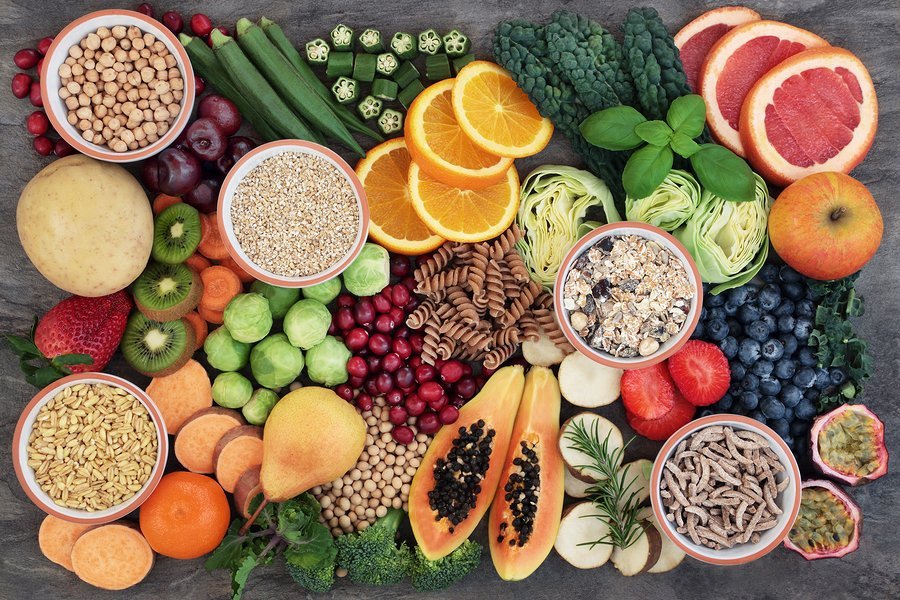While they can lead to overall health benefits, vegetarian diets can sometimes cause nutritional deficiencies that can result in specific health issues. Here’s how your vegetarian diet could be harming your oral health, along with some tips on reducing your risk.
Meeting Your Nutritional Needs
Knowledgeable adult vegetarians ensure proper nutrition by eating a diverse diet of grains, vegetables, fruits and legumes. Unfortunately, when less informed people commit to vegetarian diets for long periods of time, they may not get enough calcium and vitamin D, which can lead to diminished bone density and an increased risk of periodontal disease. According to research, vegans are especially at risk for a lack of calcium and vitamin D in their diets.
Over time, this nutritional deficiency can cause teeth to weaken, leaving them more vulnerable to tooth decay. This can be especially problematic for children and teenagers who may decide to become vegetarian without understanding their nutritional needs.
Fortunately, you can enhance the production of vitamin D by spending time in the sun. On the other hand, calcium deficiencies require changes in diet.
Protecting Your Oral Health
To ensure that they are getting all the vitamins, minerals and micronutrients they need, vegetarians should consume a variety of fruits, grains, vegetables and legumes. That said, even a diverse vegetarian diet won’t provide the same nutrients that come from animal products.
You can reduce your risk of vitamin deficiencies by adding soy milk, vegetable margarine and nutritional yeast. You may also want to take a daily multivitamin to supplement your vegetarian diet. If you don’t want to take a vitamin, you can eat additional servings of green leafy vegetables, since these are loaded with a variety of minerals that support everything from bone health to eye health and everything in between.
If you are contemplating a vegetarian diet for the first time, it’s a good idea to talk to a nutritionist or physician about substituting foods to get every necessary nutrient. You should also maintain regular dental appointments to make sure you aren’t showing early signs of tooth decay or periodontal disease. Since diet is such an important part of your medical history, you also need to tell your dentist if you adhere to a vegetarian diet.
Whatever type of diet you eat, be sure to brush your teeth twice a day and floss at least once to reduce your risk of tooth decay. It’s not just meat, fats and sugars that lead to tooth decay; vegetarian foods can also provide cavity-causing bacteria with the starchy fuel they need to proliferate. You can significantly reduce your risk of dental health problems by practicing good dental hygiene and by maintaining regular examinations with your local dental professional.



 Previous Article
Previous Article